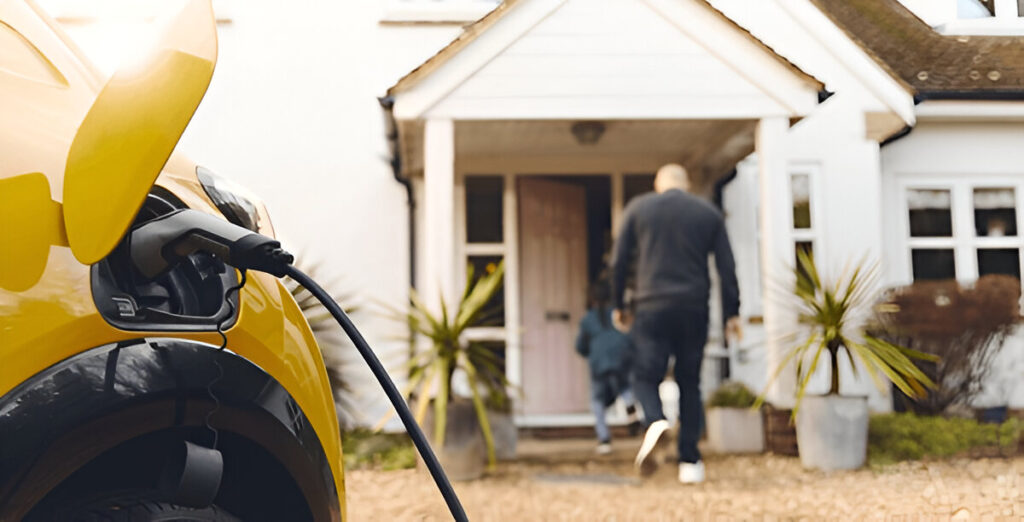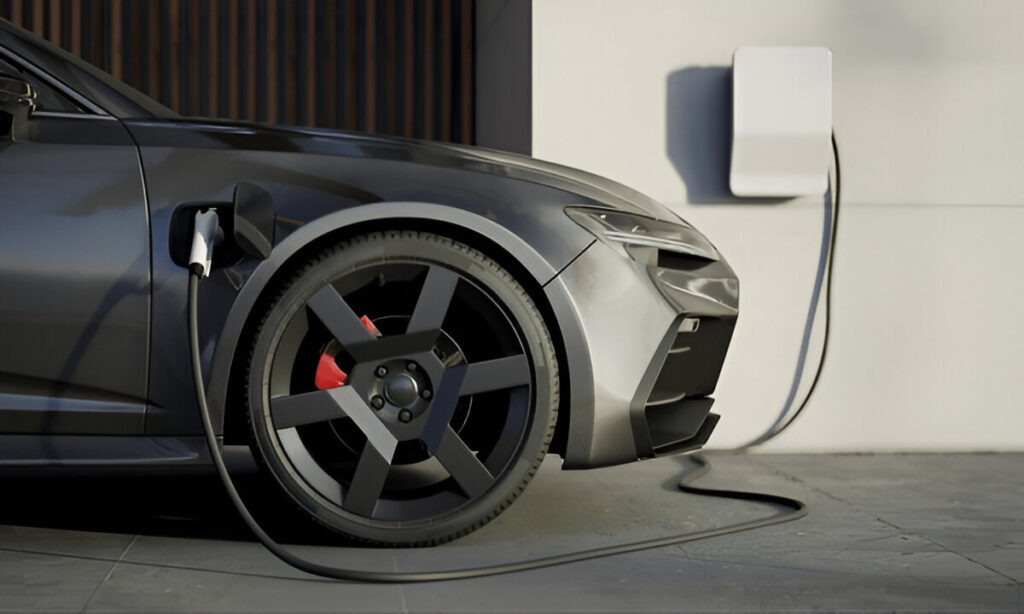Discover how you can save money on home EV charging setup through local, state, and federal rebates and incentives designed to promote clean energy adoption.
The move toward electric vehicles (EVs) has sparked major growth in home-based ev charging solutions. As more drivers shift from gas to electric, residential charging stations are quickly becoming standard in single-family homes. But did you know that there are numerous rebates, tax credits, and utility incentives available to help offset the cost of installing a charger?
If you’re planning to add an EV charger to your home, understanding the available financial support can help you maximize savings while contributing to a cleaner environment.
Why EV Charging at Home Is a Smart Investment
Having an EV charger at home gives you control, convenience, and cost efficiency. Charging overnight during off-peak hours reduces your energy bill, while eliminating the need to rely on public charging stations.
Whether you choose a wall-mounted Level 2 system or a portable plug-in unit, the cost of purchase and installation can be substantial. That’s why federal, state, and utility-based incentives are so important—they make EV adoption more accessible for everyday homeowners.
Federal Tax Credits for EV Chargers
As part of the federal government’s efforts to reduce greenhouse gas emissions, you may qualify for a federal tax credit when you install a home EV charger. Under the Inflation Reduction Act, homeowners can receive a credit of 30% of the cost, up to $1,000, for qualified EV charging equipment and installation.
To qualify, the charger must be installed at your primary residence and meet specific safety and code requirements. For installations outdoors, pairing your charger with a gfci outlet outdoor may be necessary for compliance.
State and Utility Rebates
In addition to federal incentives, many state governments and utility companies offer their own rebate programs. These can range from $250 to over $1,500 depending on where you live and your local utility provider.
Some utility companies will even provide rebates for upgrading your electrical panel or offer lower electricity rates during off-peak hours when EVs are typically charged.
Before scheduling your installation, consult with a licensed electrician residential who can help you understand which incentives apply in your area and ensure that all electrical work meets rebate eligibility requirements.
Combining EV Charging with Electrical Upgrades
If your home’s existing panel is outdated or near capacity, you may need an upgrade electrical panel before installing a Level 2 charger. Some incentive programs also cover this upgrade if it’s directly related to supporting EV infrastructure.
Additionally, integrating efficient outdoor wall lights near your charger not only enhances nighttime safety but can also help meet certain state-level energy efficiency requirements.
How to Claim EV Charger Rebates and Incentives
To claim these benefits, follow these steps:
- Research local and state programs available in your area. Check with your utility provider and local energy office.
- Work with professionals offering ev charger installation near me to ensure proper setup and documentation.
- Retain all receipts and installation records, including model and serial numbers of your charger.
- File your tax credit using IRS Form 8911 when submitting your annual return.
- Apply separately for utility rebates, which may require pre-approval or post-installation inspection.
Conclusion
Installing a residential EV charging station is a smart long-term decision—and thanks to various rebates and incentives, it’s more affordable than ever. With support from federal tax credits, state programs, and utility rebates, you can significantly reduce your upfront investment while increasing the value of your home.
By working with certified electricians who specialize in ev charging, you’ll ensure your installation is efficient, compliant, and optimized for rebate eligibility. Take advantage of these opportunities today and start your journey toward cleaner, smarter driving at home.





